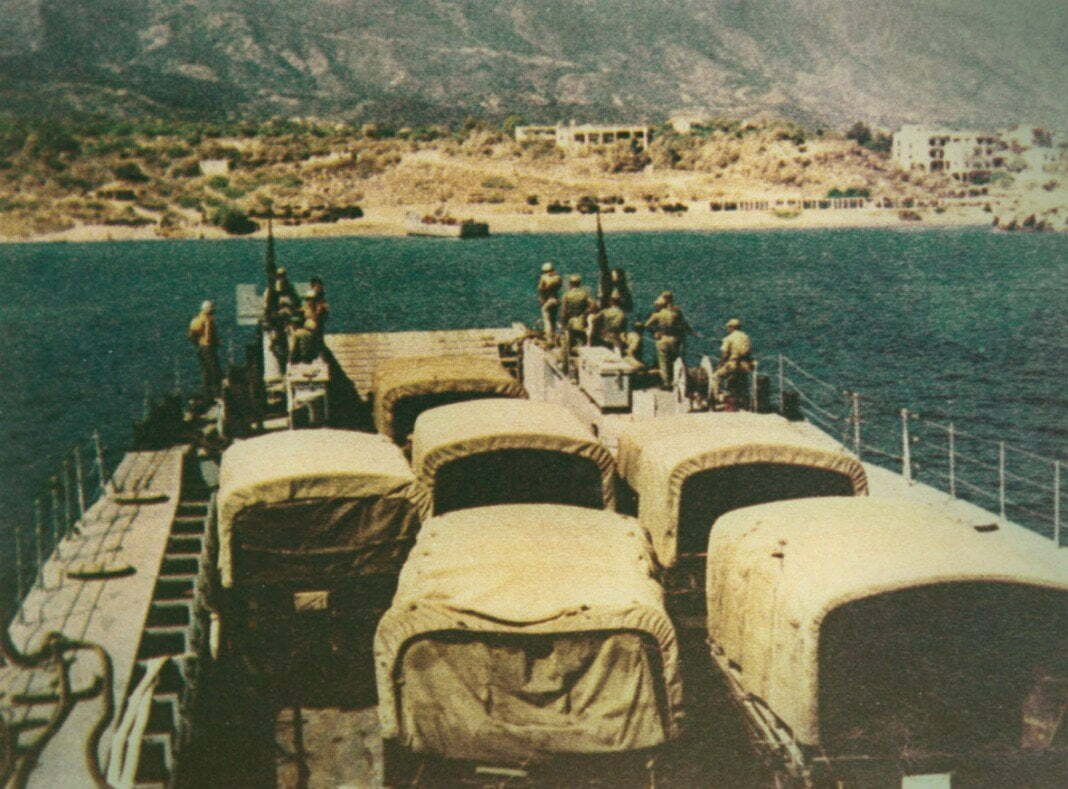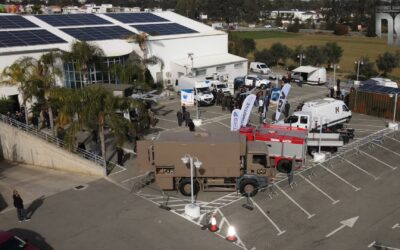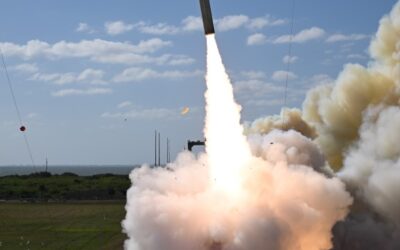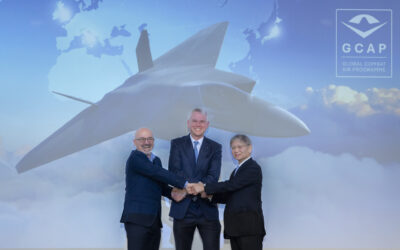OPINIONS
OPINIONS
Nikolaos Paounis *

On April 21, 53 years were completed since the overthrow of democracy by a group of senior military officers and the imposition of a dictatorial regime in the country. This regime collapsed under the weight of the worst tragedy of Hellenism after Asia Minor catastrophic destruction, that is, the invasion and division of Cyprus. In fact, if phobic syndromes have been created against Turkey in the post-colonial governments, it is largely due to the events of those days. At this point, it should be clarified that the article draws on personal diplomatic work.
Following this regime change both in Greece and Cyprus, the events of the Turkish invasion were overshadowed by a “veil of conspiracy, obscurantism and distortion” in order to justify wrongful handling of military and political orders. Naive and fatalist people were described as “traitors” – in terms of geopolitical reflexes – dictators, who unfortunately and foolishly pushed the situation towards disaster. The omissions on the defence preparation for the possibility of a likely confrontation were covered and in general there was a general disorientation regarding the facts and the dimension of what was happening in Greece, Cyprus, Turkey and in general in the international political scene.
In this text we criticize the way in which the dictatorship handled the major issue of the Cyprus problem, as a part of the citizens in Greece always overemphasize the patriotic character of dictators. Of course, the article outlines the points due to objective limitations.
What are the characteristics of the policy that reflect the reduced geopolitical reflexes and the detrimental bidding of the Cypriots, apart from the tragic coup of July 15, 1974?
- The junta preferred the policy of direct reconciliation with Ankara, by order of London and Washington, because the policy of internationalization pursued by Archbishop Makarios allowed the involvement of the USSR in an area that was at the forefront of international political developments due to the Arab-Israeli conflict. The Greek-Turkish summit in Kessani was the starting point.
- After the crisis in Kofinou and Agios Theodoros, they withdrew a Greek Division which was secretly transferred to Cyprus by George Papandreou. In the face of the withdrawal of the Greek Division, Ankara withdrew – as a gesture of goodwill – the threat of invading the island. A threat that, since it had been rationally assessed, was presumed to be unrealistic due to technical limitations. Moreover, according to the facts of the first invasion (July 20-22), if the Greek Division was on Cypriot soil, the elimination of the two Turkish beachheads from the first day of the war should be considered certain.
- Athens had unequivocally denounced in international forums the attempt by Nicosia to acquire a package of weapons from a country in the Eastern bloc, specifically Czechoslovakia. The anti-aircraft missiles SA-2 were included in the weapons package. Given their effectiveness on the Vietnam Front, we can consider the impact on the ranks of the Turkish Air Force and more generally on the development of Turkish operations (as the success landing on the island was largely judged by the presence of strong air support).
- The dictatorship assessed the communist threat as hierarchically more important than the Turkish threat and worked towards reconciliation with Turkey to the detriment of Makarios. The junta-Makarios relations were constantly deteriorating, due to Makarios’ diplomatic openings to the Non-Aligned Movement. The junta called Makarios a “red pope” and negotiated plans to reduce Cyprus’ international political entity. At each meeting, they pointed out to their Cypriot counterparts Turkey’s military superiority and Greece’s inability to turn to Cyprus for help, and demanded that Cyprus be fully subordinated to the “national center” so as not to provoke a Greek-Turkish confrontation. In 1971, in an unprecedented atmosphere of rupture, an exchange of letters took place between Athens and Nicosia on the course of the Cyprus issue, but at the same time the Greek Air Force conducted joint exercises with NATO units in Larissa, including Turkey (F-104 swarm).
I do not consider it necessary to draw conclusions. I think the rational reader has already decided.
* International researcher at the Hellenic Center for Arms Control (EKEO), teacher of EKPA- National and Kapodistrian University of Athens
A reluctant alliance? A different approach to French – Serbian defence relations
It has only been a few months since Croatia started receiving the first of the Rafale fighter jets it ordered from France.
The role of SERIOUS GAMES in the development of skills on Defense Standards
In an increasingly complex world, one vital factor for any successful organization is continuous capability building.
Strategy for Building Up Interoperable Defence Capabilities
Based on the current and emerging security threats and challenges in the geostrategic landscape, there is a…
USA | The leader of the Islamic State was killed in an airstrike in Syria
The US military announced midday Friday that it had killed ISIS leader Abu Yusuf in an airstrike in Deir ez-Zor province.
THEON INTERNATIONAL | German parliament approves the exercise of the 3rd option of the OCCAR Night Vision contract
Theon International Plc (THEON) announces that the Defence and Budget Committees of the German Parliament approved yesterday a new…
BATTLEFIELD ReDEFiNED 2024 | The premier Defence and Security Conference Successfully Concludes in Cyprus – Photos
The International Defence and Security Conference “BATTLEFIELD ReDEFiNED 2024” was successfully concluded on Friday, 13, December 2024…
Dark Eagle | Successful Test of Hypersonic Missile by the US Army
The US Army has successfully conducted a test launch of its new hypersonic missile system, “Dark Eagle,” after two years of delays.
GCAP | Industry Partners Reached a Landmark Agreement to Deliver Next-Gen Combat Aircraft
BAE Systems (UK), Leonardo (Italy), and Japan Aircraft Industrial Enhancement Co Ltd (JAIEC) have reached an agreement to form a new…
Completion of the French-Hellenic Defence Innovation Symposium
On 12 and 13 December, 2024, the Hellenic Centre of Defence Innovation (HCDI) organised the first French-Hellenic Defence Innovation…




















0 Comments